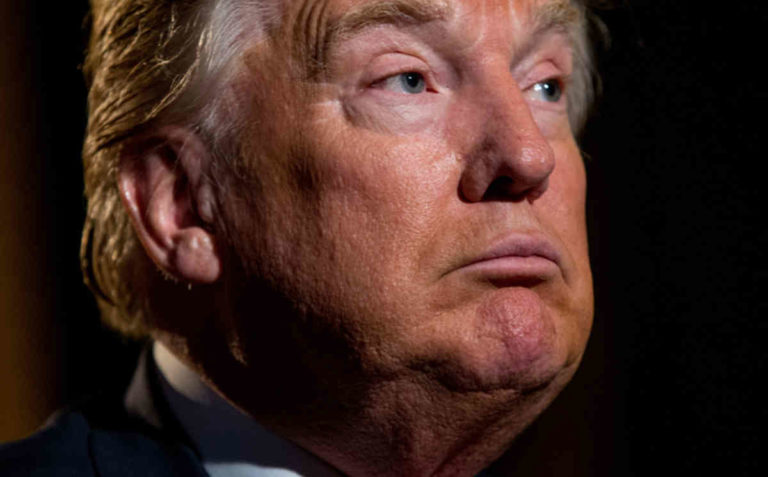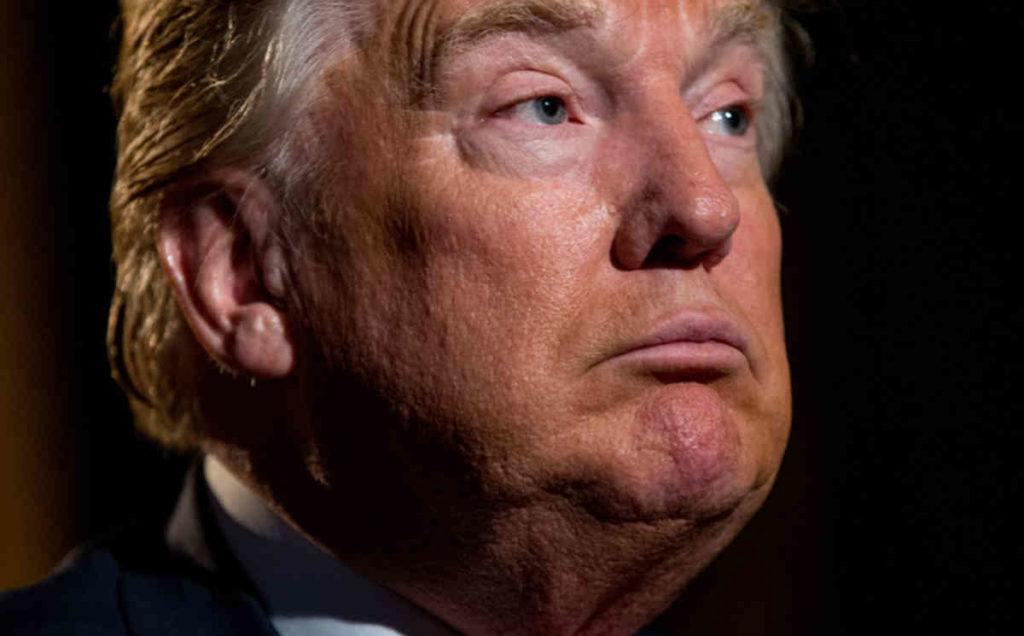
President-elect Donald Trump is finding himself caught between his desire to improve relations with Russia and fellow Republicans who are pushing for a harsher response to what American spy agencies say was the Kremlin’s meddling in the U.S. presidential election.

The tacit acknowledgement on Sunday by his incoming chief of staff, Reince Priebus, that Russia was behind the hacking of Democratic Party organizations suggests that Trump’s maneuvering room could be shrinking.Trump has long been dismissive of the U.S. intelligence conclusion that Russia was behind the election hacks, which Russia has denied, or was trying to help him win the November ballot, saying the intrusions could have been carried out by China or a 400-pound hacker sitting on his bed.But following a report from U.S. intelligence agencies last week blaming Russian President Vladimir Putin, Russia experts say Trump will face growing calls for a stiff military, diplomatic, economic, and perhaps also covert response after his Jan. 20 inauguration.
“The new U.S. administration will need to adopt a significantly tougher line,” said Nile Gardiner of the Heritage Foundation, a conservative think tank in Washington that is an influential voice in Trump’s transition team. Republicans in Congress wary of Trump’s push for detente with Putin could pressure the new president to withhold the thing the Russian leader wants most: a rapid easing of the economic sanctions imposed after Russia’s 2014 annexation of Ukraine’s Crimea and its support for separatists in eastern Ukraine, the Russia experts said.
U.S. intelligence agencies say that since the election, Russian spies have turned to hacking other individuals and organizations, including prominent think-tanks, in what analysts think is an effort to gain insights into future U.S. policies. Washington’s Brookings Institution, which is headed by prominent Russia expert Strobe Talbott, “received a big wave of attacks the day after the election,” but there is no reason to believe its systems have been compromised, said David Nassar, the think tank’s vice president for communications.